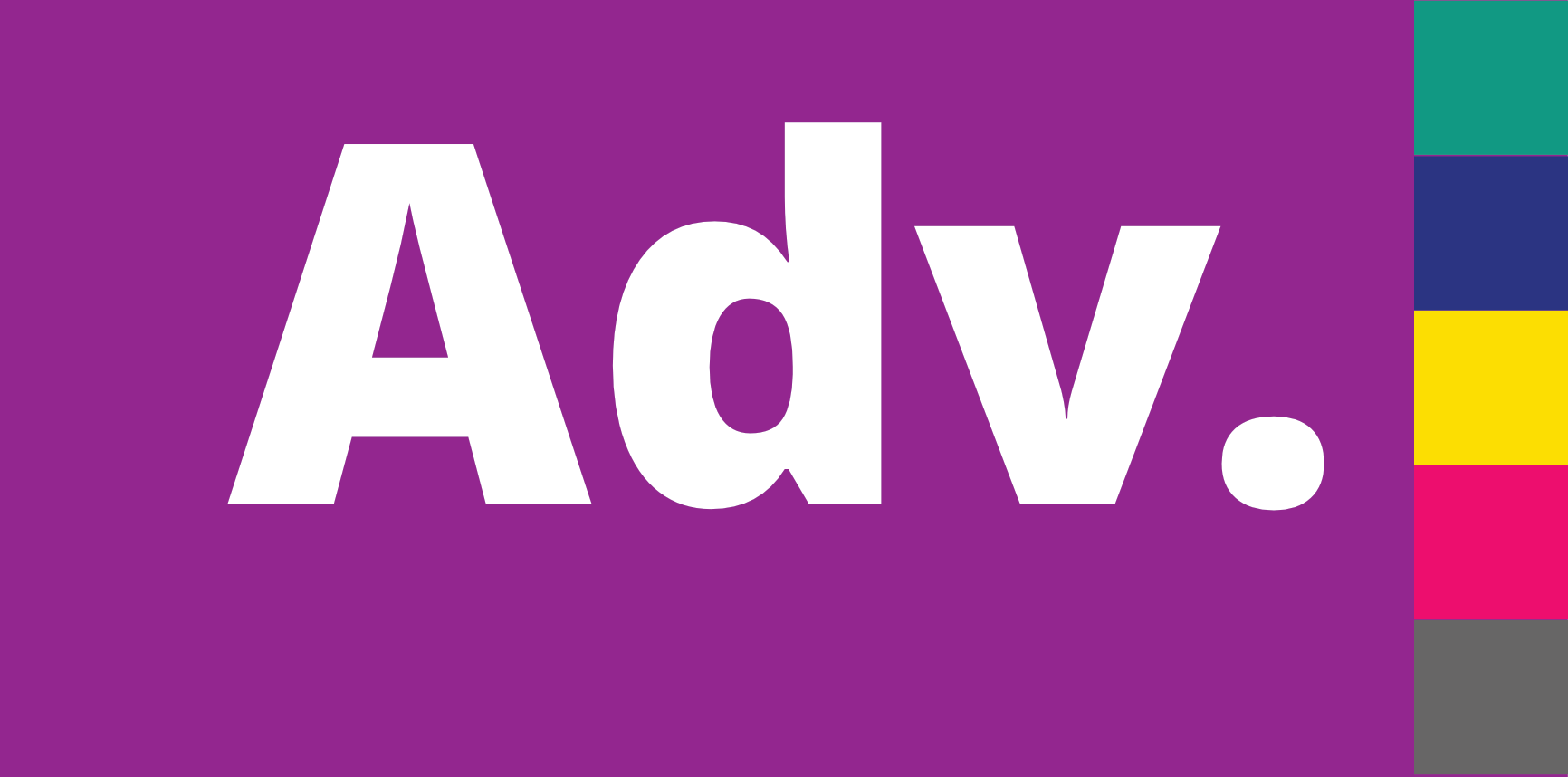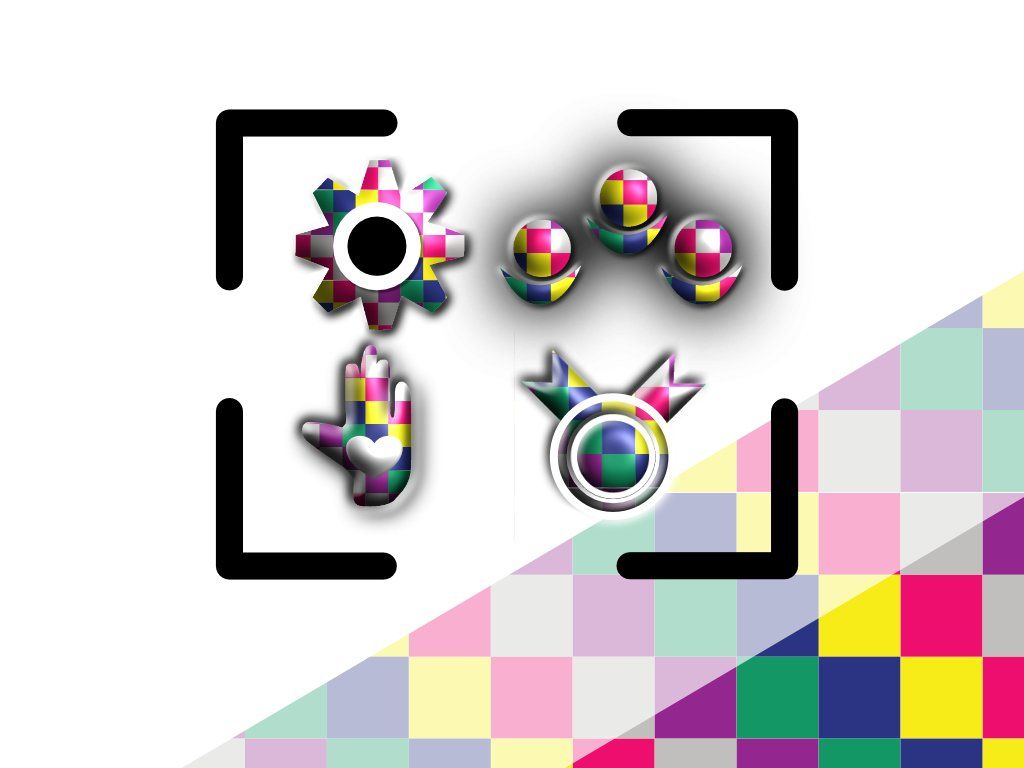It is essential to be aware that many people with hidden differences have strong ambitions in achieving many things related to community, activities, employment and career commitments, something they want to achieve well incuding a specific leisure activity or to build the strengths they have already.
But avoid getting confused with the stereotypes, the obsessions or people with unrealistic goals which is generally mentioned which not always appropriate or helpful.
Remember because of the obstacles people with visible difficulties face they use this to be committed even more to have ambitions to strive on skills they have strengths or have experience or ground-level experiences.
Because of the strengths & attributes, a person with differences has a strong drive to be ambitious. Due to the unique experiences can mean they can bring an unique approach to projects, workload and communities. Some can become a forward thinking and groundbreaking.
Dedication, drive, motivation, unique experiences mean a unique approach that can be more groundbreaking than expected.
Enhanced motivation
Through being a resourced and preparation a person with differences involvement can have a great amount of motivation. However, this can be only be done if they are continuously taken seriously, believed in and appreciated.
Strong dedication
Due to loyalty a person with differences dedication can be strong and can become a major asset to communities, workload and participation.
Forward-thinking possibilities
As mentioned elsewhere as part of their passions, a person with differences has an addition have hidden levels or potential with many possibilities beyond the immediate skills they can immediately do.
Determination
Unique insight and expertise provide many strengths to be determined to gain and maintain their sense of purpose. However, this cannot be noticed, so we need to pay attention to a person instead rather than perceptions and presumptions.
Eliminating boundaries
To enable a person with differences to be ambitious and to have a sense of purpose, we must stop the culture of demonlisation and downgrading expectations. Some people with hidden differences accessing support and assistance realated specific services can be wrongly demonised for being ambitious. Some people can further problems further and pressurise certain people with hidden differences to stop being ambitious and conform to the levels and stereotypes similar to those with learning disabilities. This sort of intervention can damage their ambitions and sense of purpose. This kind of mistreatments is unacceptable & must be discouraged at every level
Examples of strengths
Mind related:
Visual memory is one of many strengths of people living with Asperger Syndrome and Dyslexia. It is also a strength for people with ADHD which is part of other strengths in abilities under the visual-spatial skills which also includes Acute Sensory Perception and Intuition.
Individuals with High functioning Autism have many strengths including curiosity and interest in many things, some can score very well in I.Q examination tests.
Other Strengths:
The conditions within the Autistic spectrum (including both High-functioning Autism & Asperger Syndrome) have committed to the strengths of their interests or passions. This means they can have a sharper and smarter expertise
Main Points
It is very important to be aware of a person with hidden differences in ambitions and intentions
But it is important to be aware of their obstacles due to the climate & environments which might comprise their coping mechanisms and to fiction effectively especially when they have not disclosed their specific condition to other people
There is another side to the person's qualities, skills and achievements other than if they have not required expected academic qualifications
Their ambitions and talent need to be supported and taken seriously
It is important to distinguish the differences between person's high strengths of specific skills and talents is not associated with those who have obsessions
Tips
If you see potential when you have contact with a person with invisible difficulty take extra time to understand their personal experiences and why they like to strive for what they like to achieve.
Find out more focus on their other strengths and other skills they have.
Support their ambitions and use their strengths to develop something you like to achieve.
Avoid taking advantage of their ambitions as they might think you are exploiting their skills for your own gain. So you need to do something in return to show your gratitude.
If you cannot able to use their strengths and ambitions to benefit you make some suggestions where they could. But avoid giving them misguiding suggestions which will be unhelpful. They will not respect you and they are more likely to reminder this if they see you in a different situation own the future
Never undermined their ambitions and goals in an attempt to conform to what others with similar conditions and difficulties do. For example, if a person wanted to start up a social enterprise don't make recommended to do volunteering, this advice may in inappropriate. Some might find this belittling, undervaluing their ambitions they may feel they are being unfairly tight-boxed.
Discover the other Advantage elements

This project shows is part of Plus Value Awareness commitment in supporting the annual awareness events throughout the year including: Neurodiversity Celebration Week, World Autism Acceptance Week, World Autism Awareness Week, ADHD Awareness Month, Dyslexia Week, Dyspraxia Week and International Day of Disabilities.
Explore more
Visit the Diverse Advantage page for a bitesized version of the project
via the Diverse Differences feature
The description “Hidden Differences” are used for this initiative which covers independent, intelligent and articulate adults and young people who live with specific difficulties which as hidden and would not be visually obviously at first impression. The examples including memory, on the spot thinking ability, communication, reading, writing & calculation. These example above mainly relates certain people with Autism (at moderate and high-functioning level), ADHD, Social Anxiety, Dyspraxia and Dyslexia. Click here for more details .







